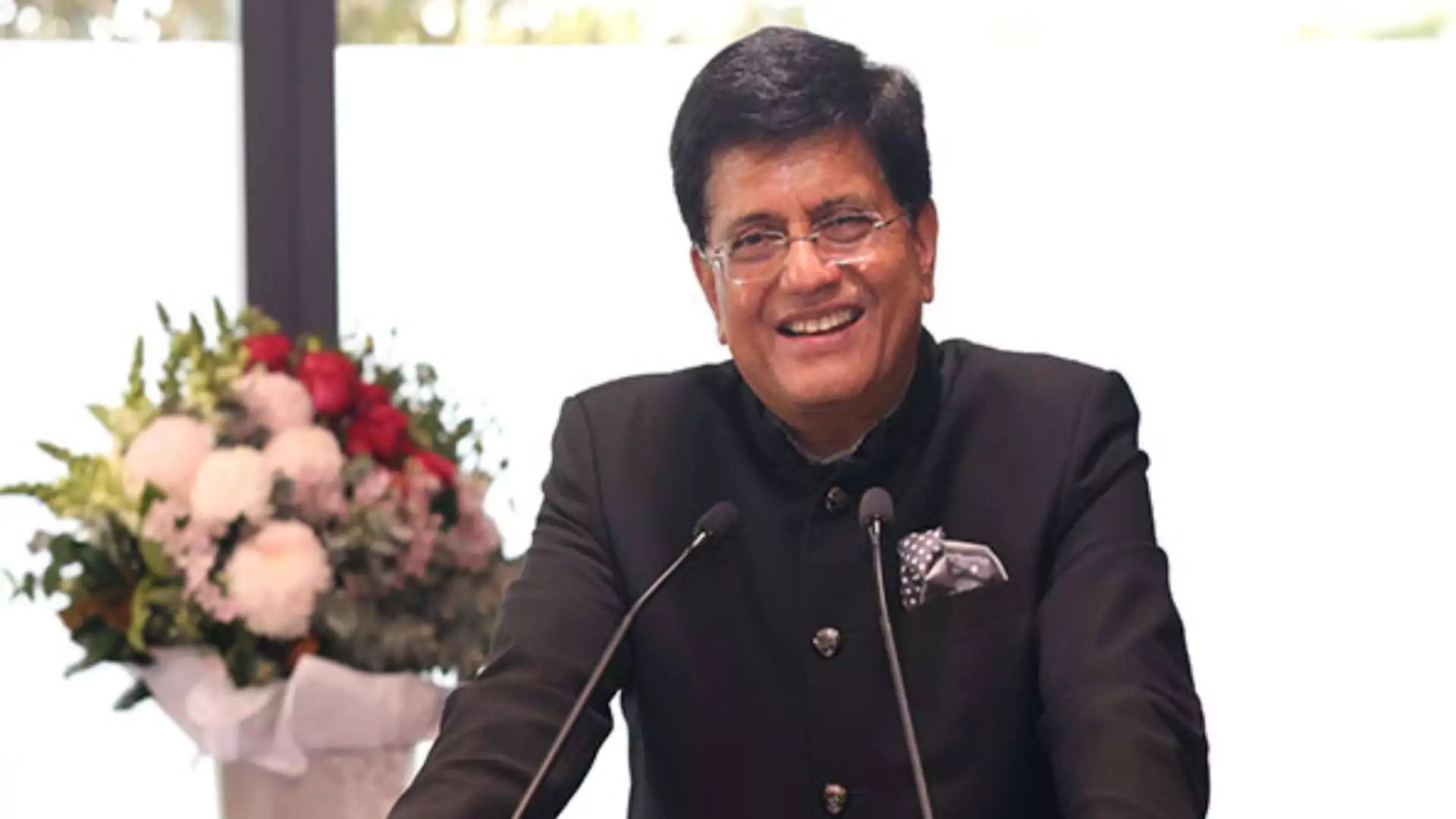During his visit to Washington, D.C., Union Minister Piyush Goyal took aim at Congress leader Rahul Gandhi over remarks concerning the state of India’s manufacturing sector. Goyal’s comments highlighted his perspective on the manufacturing landscape while asserting the government’s commitment to enhancing India’s economic standing and reducing reliance on Chinese goods.
Goyal’s Response to Gandhi’s Remarks
On Friday, Goyal expressed his disbelief regarding Gandhi’s claims about job losses in the manufacturing sector. “I can only sympathise with the lack of knowledge about the manufacturing story, as I don’t know which job losses he is referring to,” he stated. The minister emphasized that he preferred not to involve domestic political issues while abroad but felt compelled to address Gandhi’s remarks nonetheless.
In a broader context, Goyal asserted that the Indian populace is united in its quest for prosperity, aiming to transform the nation into a developed economy by the year 2047. “We are collectively striving to improve the lives of the people of India in the coming years,” he noted, underlining the government’s vision for the future.
Concerns Over China’s Influence
Goyal’s comments took a sharper turn as he addressed concerns regarding the growing influence of China on Indian industry. He lamented that some individuals continue to praise or defend China’s practices, which he implied could be detrimental to India’s economic sovereignty.
The minister asserted, “Sadly, some individuals, possibly responsible for the growing influence of China on the Indian industry, continue to praise or defend China.” This remark suggests a critique not only of Gandhi but also of those within India who may have economic ties with China.
He further pointed out that the international community now views China as a non-transparent economy known for its questionable trade practices, particularly in the context of dumping goods. “The global community now recognises China as a non-transparent and opaque economy known for dumping goods,” he stated, indicating a shift in global perception of Chinese trade practices.
Trade Deficit with China
Goyal highlighted a significant issue regarding India’s trade relationship with China, revealing that the trade deficit escalated from approximately $1.8 billion in 2004 to a staggering $43 billion over the subsequent decade. He described this increase as “a matter of shame,” criticizing the Indian market’s openness to Chinese goods, which he argued harmed domestic manufacturing and deterred potential investors.
Moreover, Goyal brought attention to India’s forced inclusion in the Regional Comprehensive Economic Partnership (RCEP), suggesting that it could have led to a free trade agreement with China, potentially exacerbating India’s trade deficit even further.
Collaboration with the United States
In addition to addressing domestic concerns, Goyal discussed India’s ongoing collaboration with the United States, particularly in the area of critical minerals. He announced that during his four-day visit, India and the US signed a Memorandum of Understanding (MoU) aimed at keeping supply chains open and fostering cooperation between India’s Ministry of Mines and the US government.
“During my four-day visit to the US, we signed the MoU on critical minerals to ensure supply chains remain open and to foster collaboration between India’s Ministry of Mines and the US government,” he stated, reflecting a commitment to enhancing bilateral relations.






















